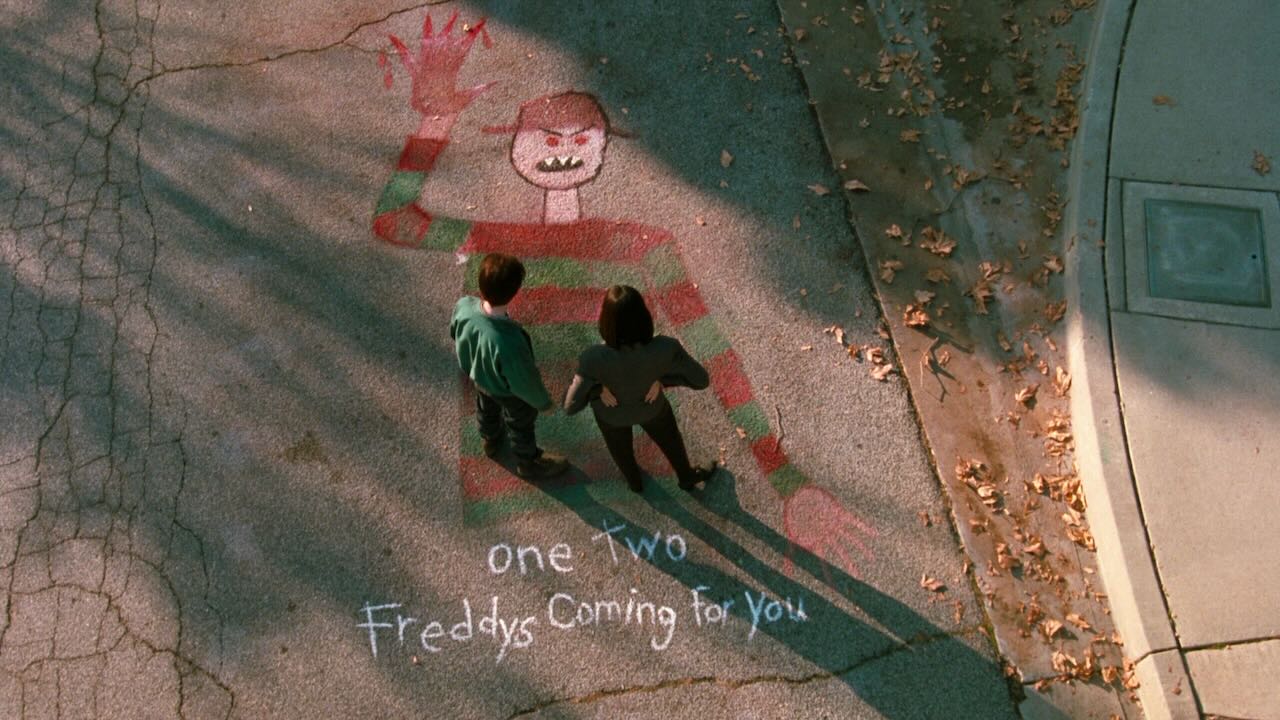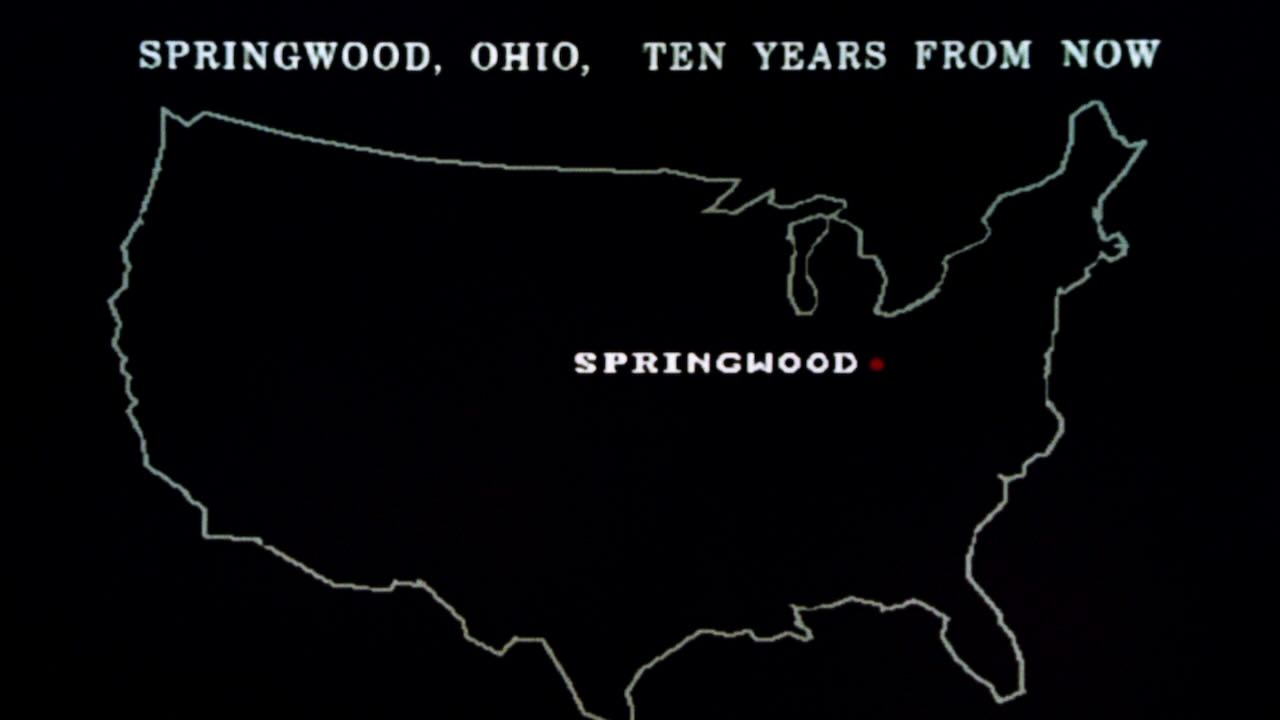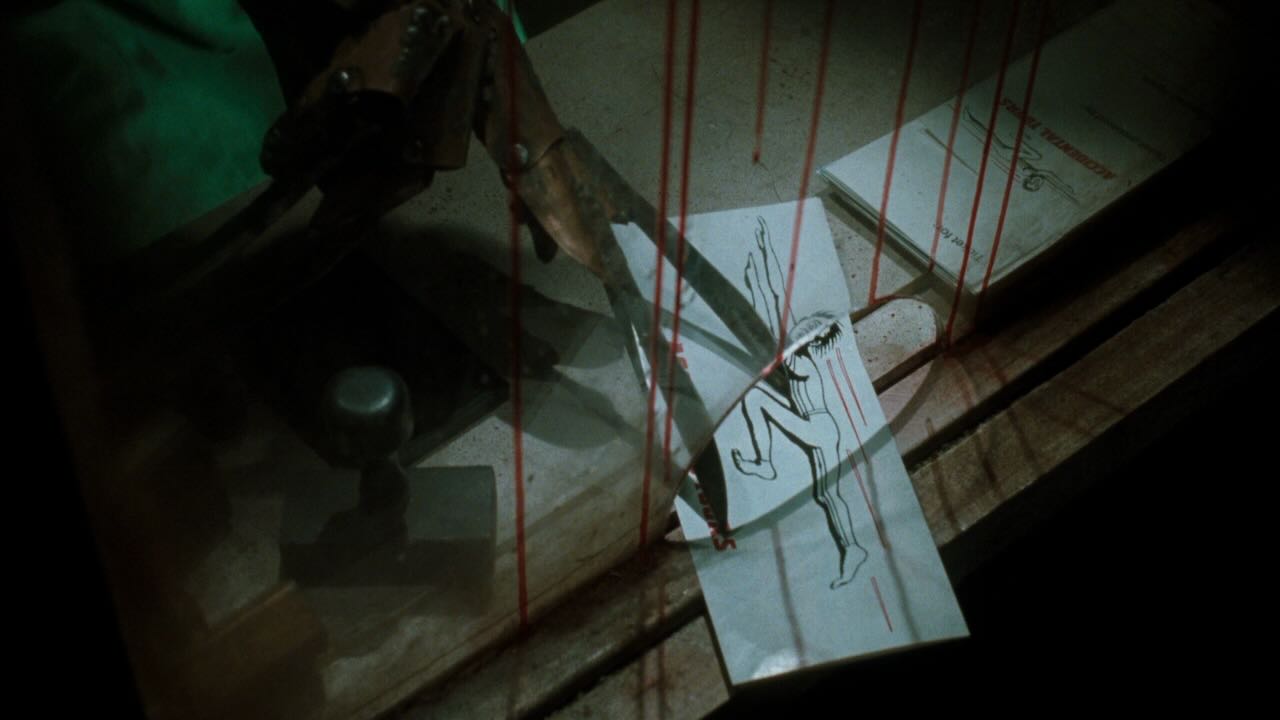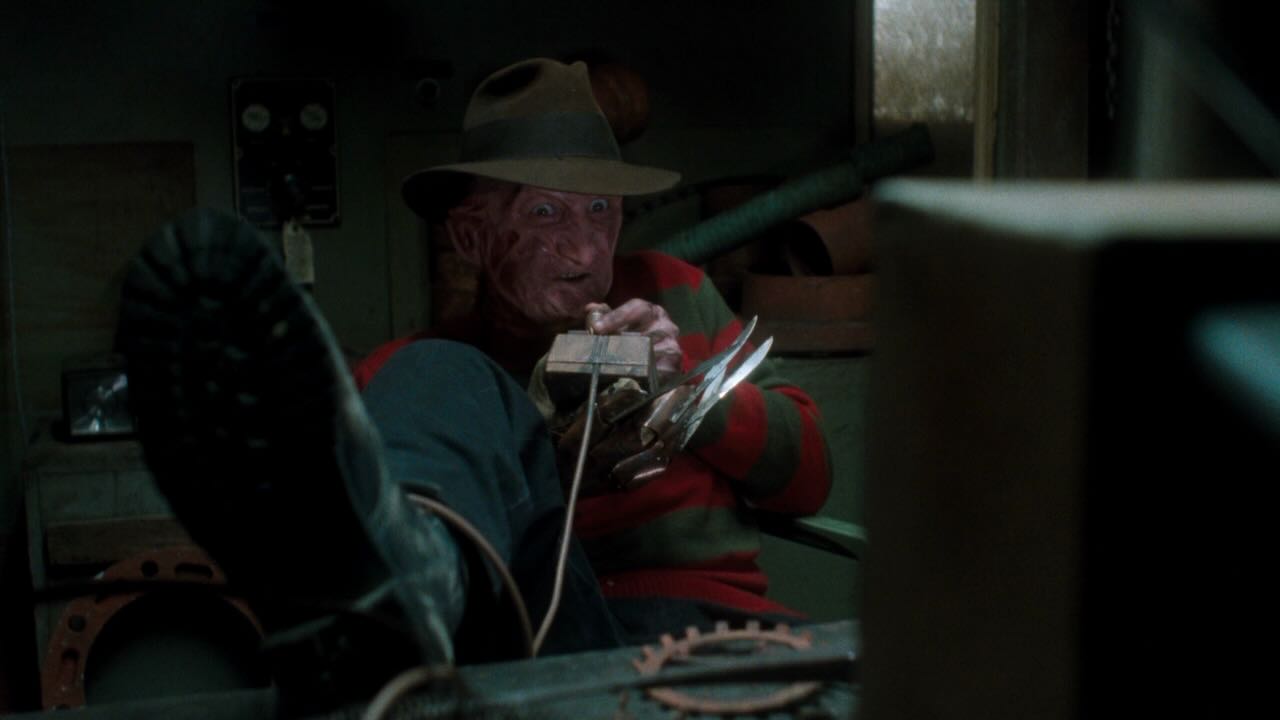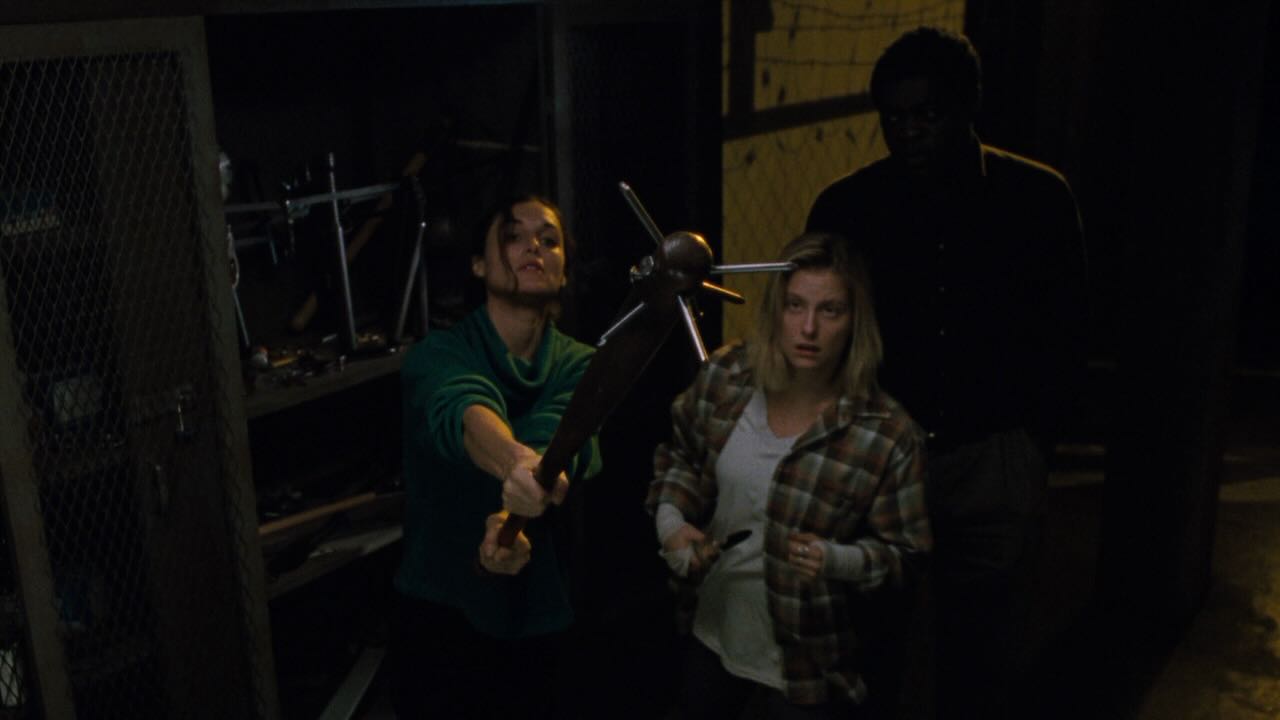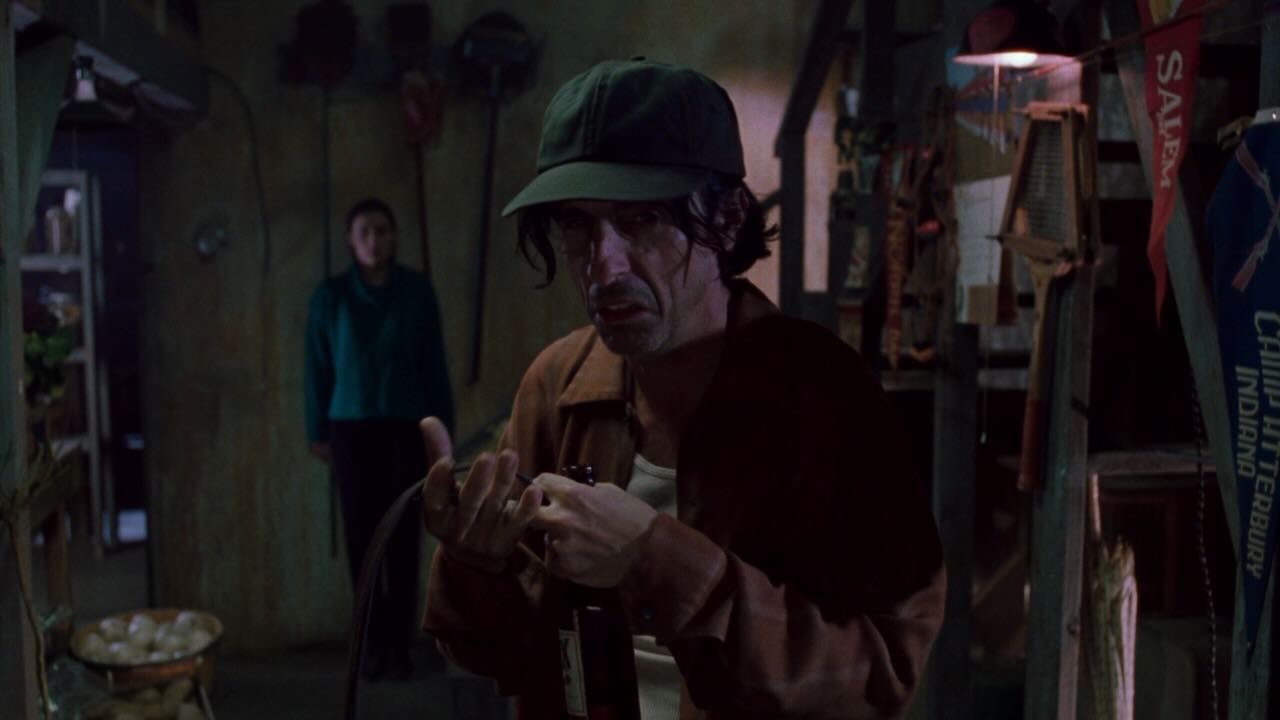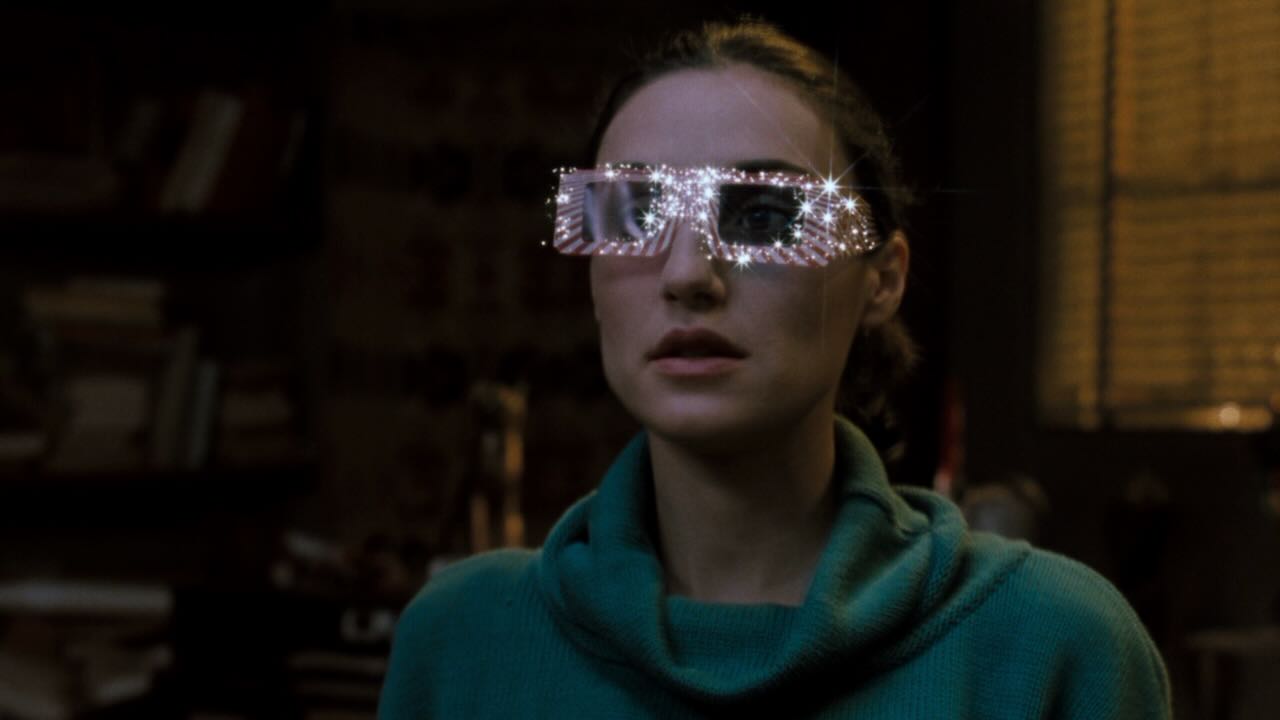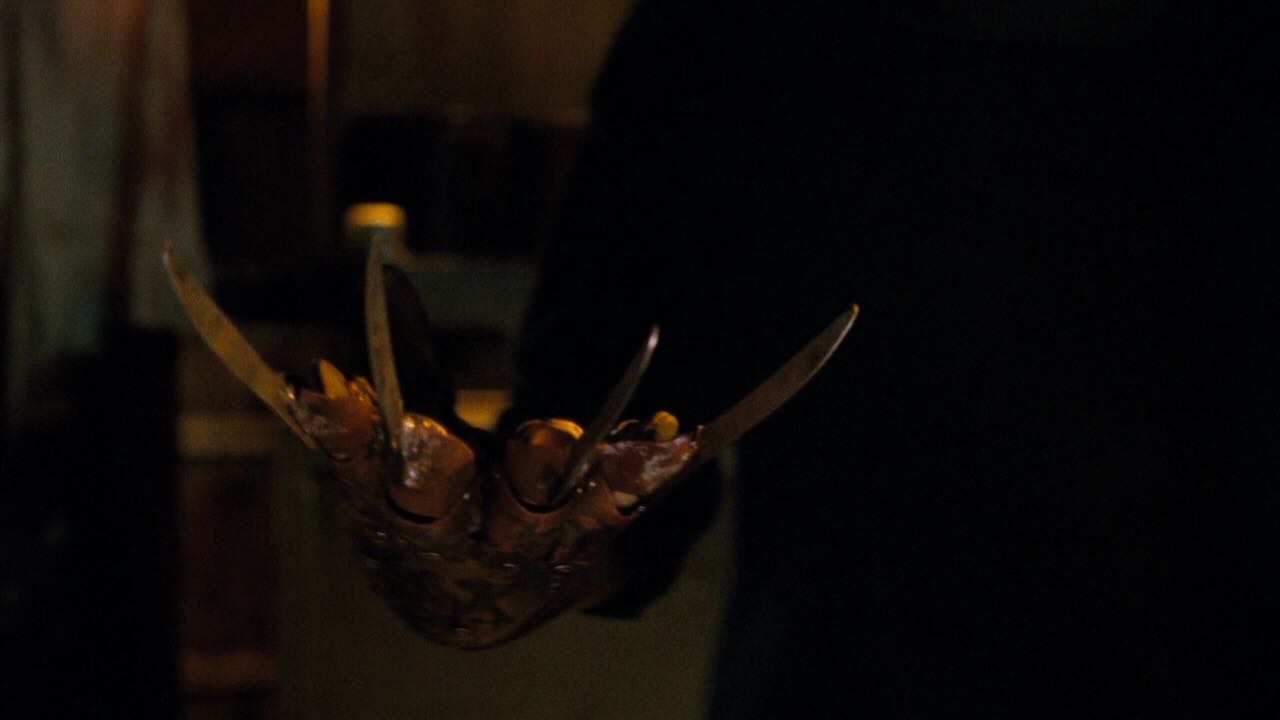A bunch of… things. Sometimes it seemed like the movie was taking different aspects of Baltimore life/history/politics and rat life/history/infestations and tying them together into a beautiful conspiracy web, and sometimes it seems like the pieces did not fit together but he doggedly left them in the movie.

The part everyone’s talking about is the movie’s discussion of “redlining” (via sci-fi voiceover), preventing certain (ahem, black) areas of town from getting investment and development, and how the redline maps from eighty(?) years ago line up closely to today’s maps of the city’s worst poverty, education, etc. The part nobody’s really talking about is the drag racing footage, or why he takes the very effective opening title scene of a rat trying to escape a trash bin and repeats it later in the movie.
Other bits from most-to-least-relevant:
– city employee who treats rat infestations and speaks the movie’s premise (the rat problem in Baltimore is really a people problem)
– scientist who studied population concentrations by building a rat High-Rise and documenting civilization collapse
– video game footage textured with Baltimore aerial maps, giving a post-apocalyptic meltdown feeling, discussing how the universe creeps in through the seams of the imperfect 3D environment
– rat hunters (couple of guys with baseball bat and fishing pole, and one with an array of guns)
– rat’s-height roving drone cameras, both real and VR
– a couple watching TV with their pet rats
– stylistic quirks (clicking sounds on edits, piercing electronic noise, white flashes)
Relevant:

Less Relevant:

The ending, in which Baltimore is leveled and begun again, bothered Katy, who says that suddenly telling an obviously fictional story and presenting it on equal ground as the rest of the segments calls all the movie’s facts into question.
Our screening was preceded by a short talk by Sarah Jeong which started by pondering a possible plot hole in the Star Wars film series (both the jedi and the empire have “long-distance” video chat capabilities, so why do the rebels fly around with their precious plans on a physical disc?), then presuming it’s because all the best communications technologies are held by governments and regular shmoes have no access to intergalactic data transmission, ending with a plea for modern net neutrality – genius.

Jordan Smith:
Rat Film embraces an off-kilter essayistic form that digs through the city’s legislative history of systematic segregation (in its way reminding me of Robert Persons’ mournful General Orders No. 9) and rat-infested back alleys of the city’s tenements, subversively suggesting along the way that the countless minorities left amongst the wreckage of unjust codification have been little more than rats in a failed experiment run by white bodies. Meticulously researched and eerily presented by an ethereal Siri-like voiceover, Rat Film‘s crushing thesis lands with a serious crunch that reminds of the death and detritus that’s been institutionalized since the city’s inception.
J. Fox:
What really gives Rat Film its charge is its interest in mapping, and in the ways that maps intervene on the world by representing them. The rat provides a convenient metaphor for the social, or at least the social envisioned as a disease-spreading mass — intellectual, economic, racial or microbial — that must be contained … When Rat Film engages a number of actual maps, from those redlining diagrams to 3D urban real estate models and VR platforms, it does so in order to stretch them to their pre-programmed limits, revealing those spots where they fray at the seams. What is left at the end is a world of precarity, one of predominantly African-American people made precarious by these instruments of social engineering, and of a world in need of new models for living.
